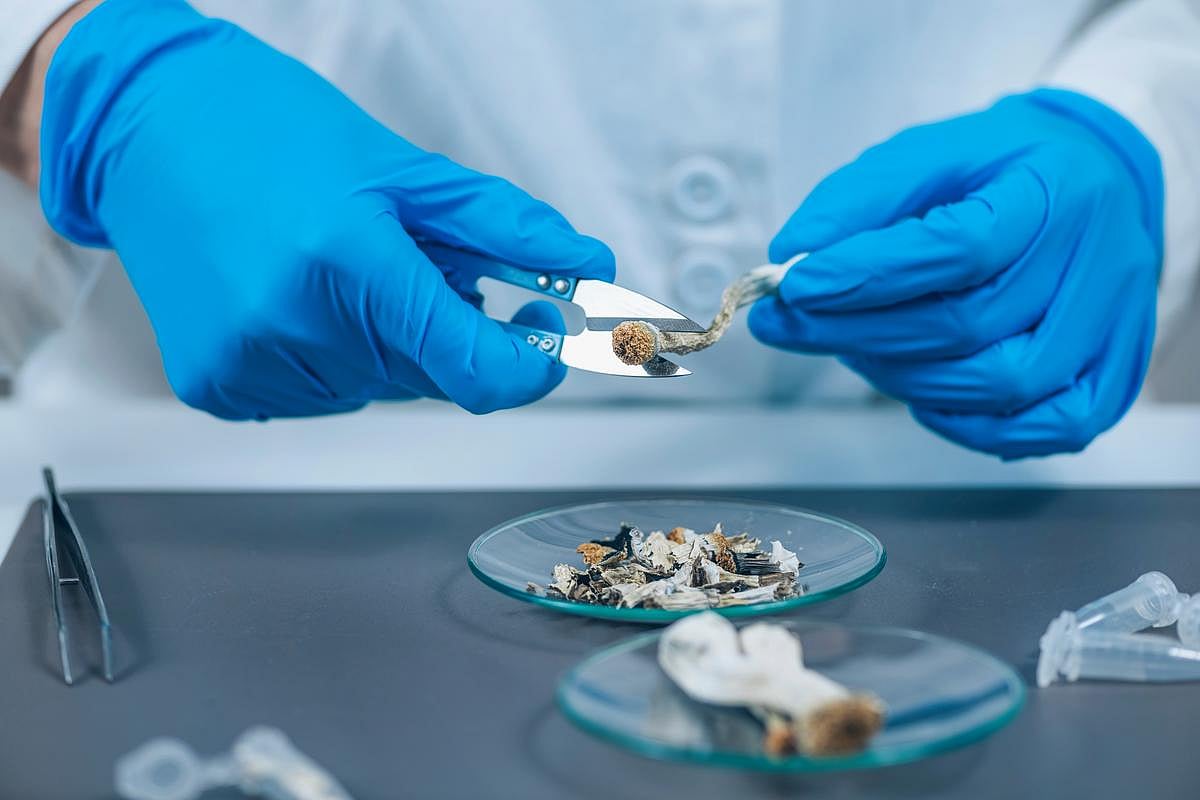Manténgase sano!

- Posted September 15, 2025
Psilocybin For Depression Effective Up To Five Years After Treatment
The benefits of psilocybin treatment for depression might last as long as five years for some, a new study says.
Two-thirds of participants in an early psilocybin clinical trial remained in complete remission from their depression when researchers checked in on them five years later, according to results published in the Journal of Psychedelic Studies.
“Five years later, most people continued to view this treatment as safe, meaningful, important and something that catalyzed an ongoing betterment of their life,” said lead researcher Alan Davis, director of the Center for Psychedelic Drug Research and Education at Ohio State University in Columbus.
“It’s important for us to understand the details of what comes after treatment,” he said in a news release. “I think this is a sign that regardless of what the outcomes are, their lives were improved because they participated in something like this.”
Psilocybin is the main psychedelic substance found in magic mushrooms. Research has shown that psilocybin could potentially be effective in treating alcoholism, anxiety and depression, according to the National Center for Complementary and Integrative Health.
In the original clinical trial, 24 people with major depressive disorder received two doses of psilocybin combined with psychotherapy. Overall, the participants experienced a significant reduction in their depression symptoms.
Of those participants, 18 agreed to the five-year follow-up, in which they filled out a series of online questionnaires gauging their mental and emotional health.
“We found that 67% were in remission at five years compared to 58% at one year,” Davis said. “We also saw that across the board, anxiety, depression, global functioning, self-reported depression, all of these measures were showing the same signal of continued improvement up to five years later.”
To be conservative, researchers assumed that the six patients who hadn’t agreed to the follow-up had fallen back into depression.
“Even controlling for those baseline estimates from the people who didn’t participate in the long-term follow-up, we still see a very large and significant reduction in depression symptoms,” Davis said. “That was really exciting for us because this showed that the number of participants still in complete remission from their depression had gone up slightly.”
Researchers noted that the patients’ current well-being couldn’t be chalked up solely to their psilocybin treatment from five years back.
Only three of the follow-up participants hadn’t had any depression-related treatment since the trial, with the rest saying they’d used antidepressants, received psychotherapy or taken psychedelics in the intervening years, researchers said.
However, interviews with the patients suggested that the trial had helped them see their depression as more situational and manageable.
“They believed that, overall, they had greater capacity for positive emotions and enthusiasm, regardless of whether their depression came back or not,” Davis said. “A lot of folks reported that these shifts led to important changes in how they related to their experiences of depression.”
Patients who’d tried psychedelics on their own in the intervening years reported the experiences weren’t as helpful to them, because they didn’t have a therapist guiding their trip, the study pointed out.
Davis acknowledged that the study sample was small, making it difficult to draw conclusions from these patients’ experiences.
However, he said the results offer a glimpse at the potential lasting positive effects of psilocybin therapy for depression.
“Some of the most debilitating aspects of depression are people isolating and withdrawing from things that are important to them,” Davis said.
“Despite some of those symptoms coming back, they found they weren’t experiencing those same levels of impairment," he added. "That really speaks to the potential for some people that this treatment might catalyze future positive effects when they’re going through depression.”
More information
The National Center for Complementary and Integrative Health has more on psilocybin for mental health and addiction.
SOURCE: Ohio State University, news release, Sept. 10, 2025
